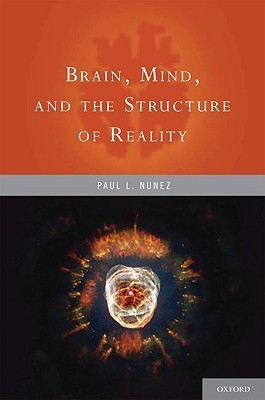What do you think?
Rate this book


306 pages, Hardcover
First published April 7, 2010
Like most brain scientists, much of my time is spent in "day science", with its focus on essential experimental or mathematical details. Esoteric reflections on the nature and origins of consciousness are mostly relegated to "night science", the discussions among colleagues after the second round of beers has been consumed.